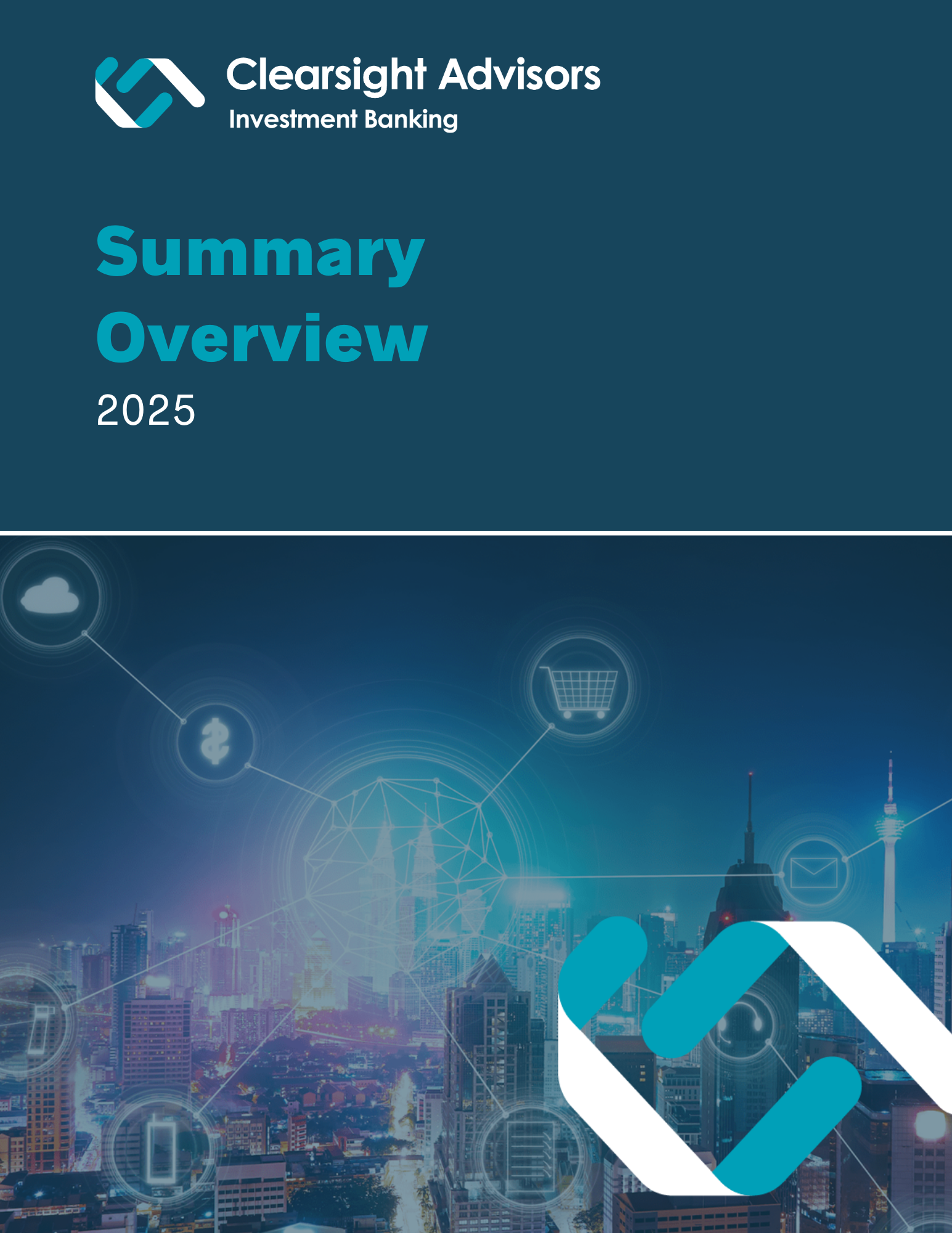The Future of Auditing: Beyond Just Number Crunching
The days of evaluating private companies solely on their financial performance and solvency are gone. Fueled by public interest and global partnerships, it is becoming ever more common for companies to also be evaluated on non-financial information including technological, environmental and social standards. In 2018, the American Institute of Certified Public Accountants (AICPA) – a professional organization which is responsible for setting ethical and auditing standards for the accounting profession– recognized the emerging role of non-financial reporting and took a first step toward modernizing its attestation standards. As a result, the scope of its attestation standards was expanded to allow external auditors to inspect a private company’s non-financial information if, and only if, that company collected the information prior and provided it to the auditors to be included in their report. Over the course of the next few years, the AICPA will further expand the scope of its attestation standards to require the reporting of non-financial information, placing even more pressure on companies and third-party auditors.
The shift in how companies are evaluated emerged from a change in consumer preference that appraises corporations based on a holistic standard of ethics and impact instead of solely financial performance. Now, companies from every sector are examined for their ability to deal with cybersecurity threats, their impact on the environment, and their effect on the communities they touch globally. Social media and the propagation of real-time information are at the core of consumer awareness that make issues such as human rights violations, cyber breaches, and environmental damage more visible than ever. The result is a new and higher set of standards to which companies and auditors are being held, summarized generally as corporate social responsibility (CSR). Currently, CSR is not codified or regulated but is increasingly seen as a generally accepted standard of doing business. Companies approach CSR through corporate philanthropy, fair trade certification, and third-party sustainability evaluation, among other tools. These efforts began as a way for companies to curry favor with consumers but have emerged as a necessity for remaining socially relevant and compliant with industry standards and preferences.
At a board meeting in October 2019, the AICPA announced that it approved the first of three new standards for non-financial reporting with an implementation date for all three to begin at various points between July 2021 and July 2022. These new standards will have a marked effect on third-party auditors that would be able to collect non-financial information on companies and report that information to interested investors and regulators. Unlike the current standards, the company in question does not need to collect the data beforehand or explicitly request that the auditors evaluate it. Additionally, companies will be faced with developing internal controls for non-financial business practices to comply with a set of institutional standards that are not yet formalized. These new standards will also encourage companies to engage with third party CSR service providers who have the background and resources to verify the sustainability and compliance of companies within a corporation’s supply chain. The process of developing new industry standards will take years and substantial input from companies, regulators, and third-party auditors. Addressing this change before it arrives, however, is essential for companies that want to remain competitive and responsive to consumers and regulators alike.
Share
